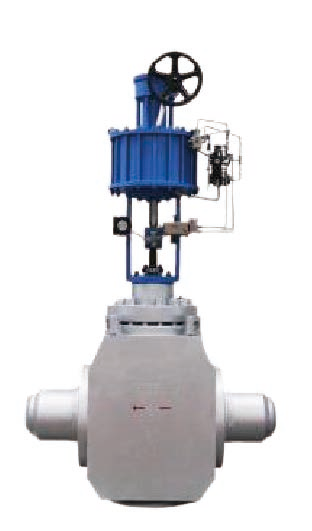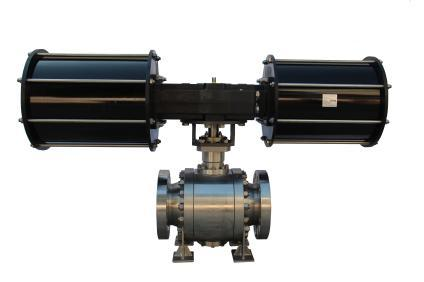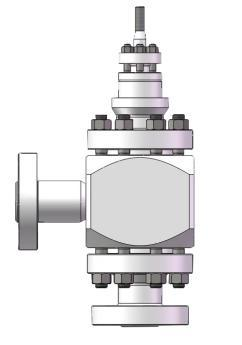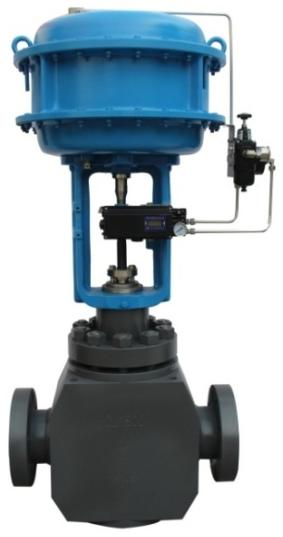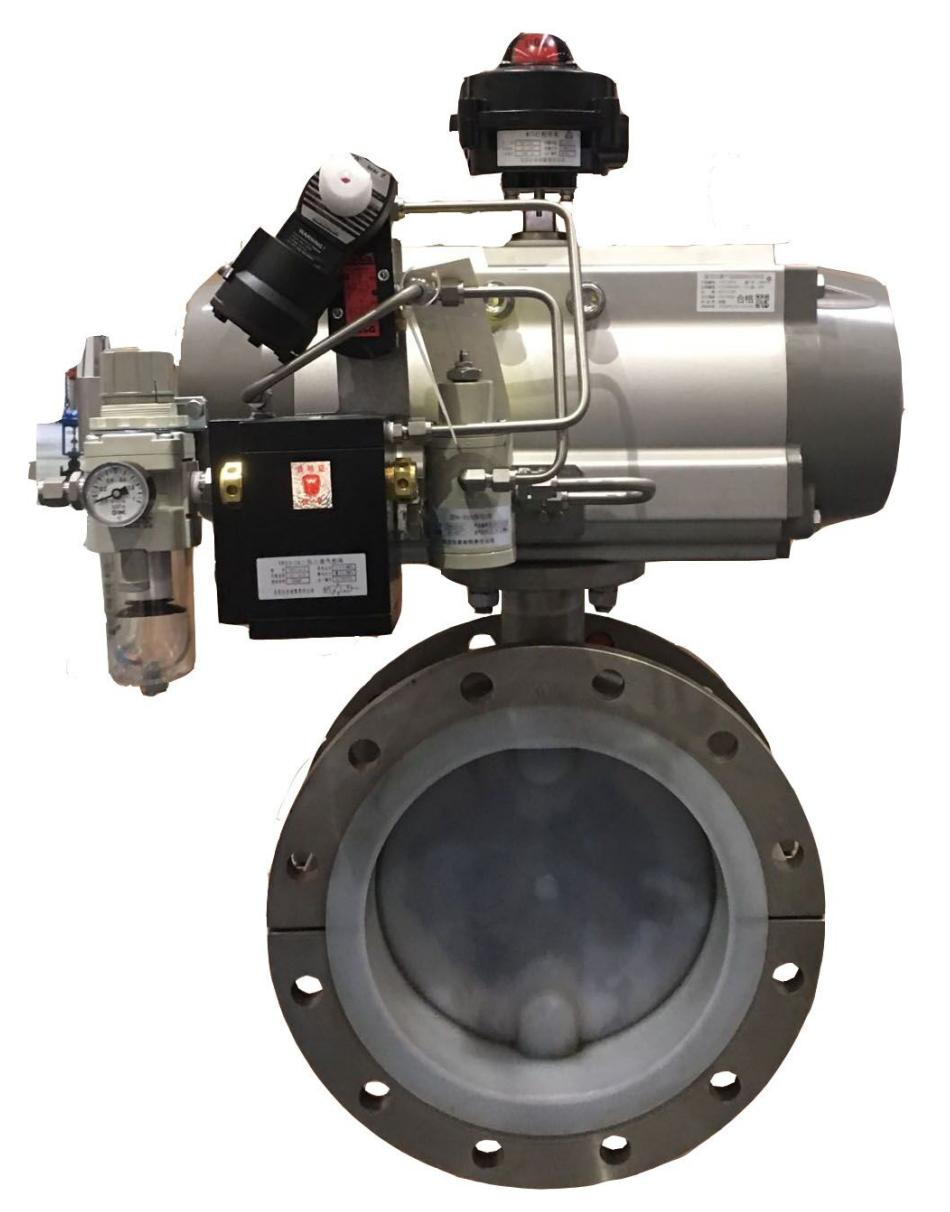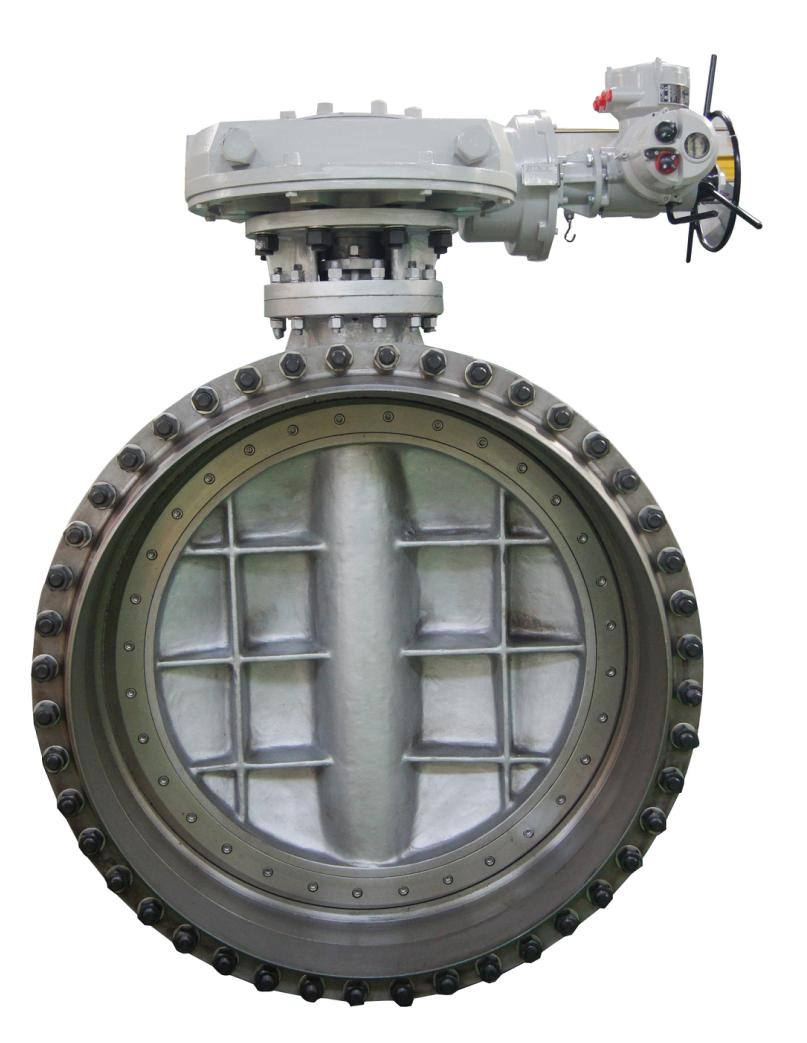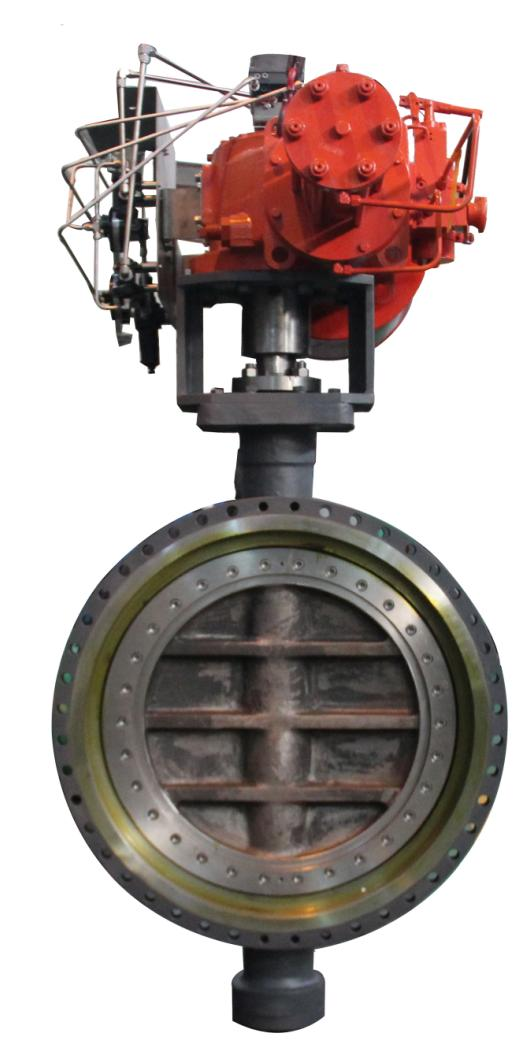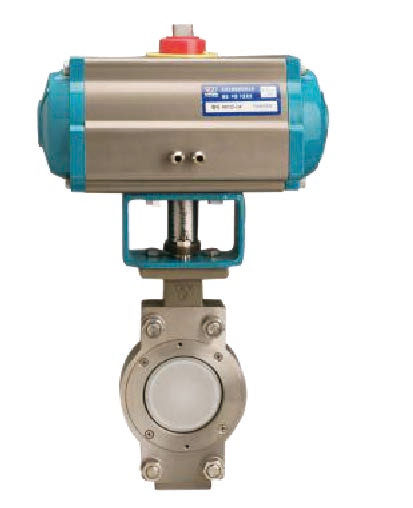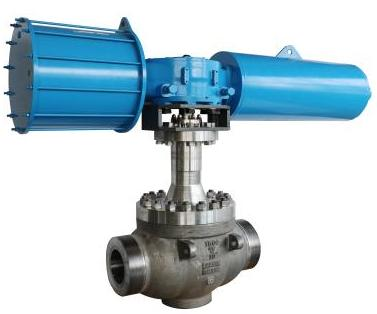Wedoany.com Report-Apr 1, Israel has made significant strides in expanding its renewable energy sector in 2024. The country installed 900 MW of photovoltaic (PV) capacity and 11 MW of biogas capacity, marking a decrease of about 200 MW compared to the 1.1 GW of new PV projects completed in 2023. This shift reflects a move away from traditional tendered PV projects toward merchant photovoltaic and energy storage projects, which operate under power purchase agreements (PPAs). These market segments have been instrumental in Israel's solar growth over the past year and will continue to drive future expansion.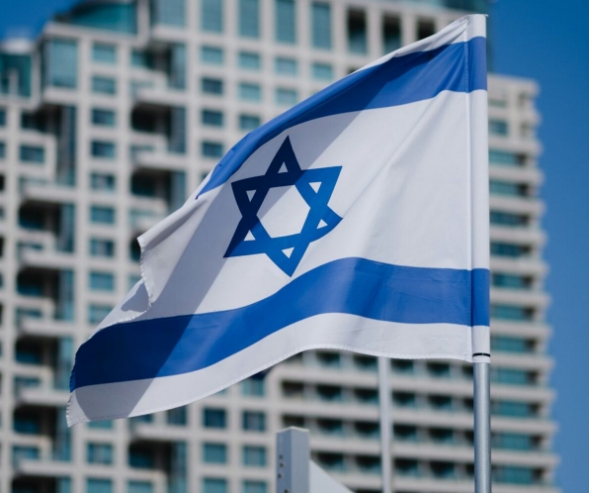
Agrivoltaics, an innovative sector combining agriculture with energy production, has also emerged as a key growth area in Israel. A notable project includes a 10 MW PV system paired with 40 MWh of storage, with more commercial projects expected to come online within the next two to three years. This sector is well-positioned thanks to Israel's reputation in agritech and strong ties between the government and farmers, who are likely adopting these technologies.
Despite the progress, Israel lacks publicly available data on rooftop solar installations. However, Eitan Parnass, the founder and director of Israel’s Green Energy Association, estimates that over 60% of the country’s installed PV capacity is dual-use, meaning PV systems are co-located with other land uses. About 40% of the capacity consists of ground-mounted systems. Residential PV adoption remains relatively small on an annual scale.
Looking ahead, the Ministry of Energy and Infrastructure has announced the 100,000 Solar Roofs Program, aiming to add 1.6 GW of solar energy by 2030. This initiative underscores Israel's commitment to increasing solar energy adoption, but challenges remain. The country's electricity grid, which is isolated from neighboring nations, poses a significant obstacle for further growth. Expanding the grid and integrating energy storage solutions are seen as critical steps to overcome this limitation.
Despite being a so-called "energy island," Israel is actively exploring connections with neighboring countries, such as via the "Great Sea Interconnector" subsea line linking its grid to that of Cyprus and Greece. This strategic move highlights Israel's vision for deepening its renewable energy capabilities while addressing the need for grid expansion and energy storage solutions.
